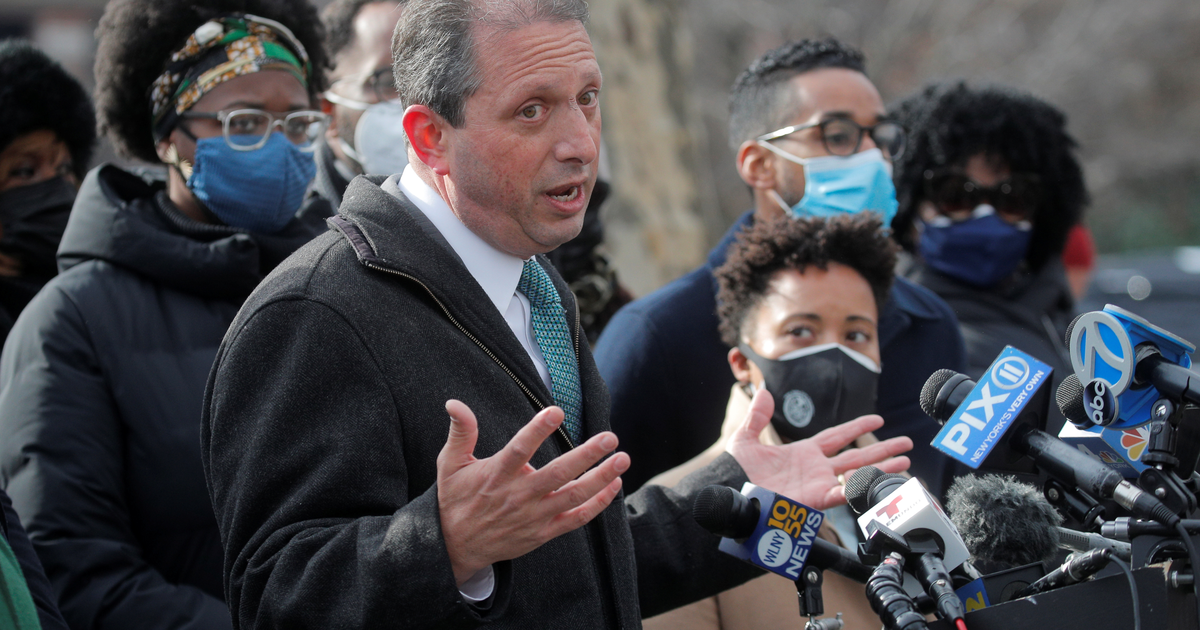Treasury officials in US states on either end of the political spectrum are butting heads over climate-friendly investing—and both are using the same argument to reach opposing conclusions.
The latest round of shots was fired on Sept. 14 by a dozen Democratic Party state treasury officials, who argued that their Republican peers are working against the fiduciary interests of their constituents in pursuit of a pro-fossil fuel political agenda.
Over the last several months, Republican Party treasury officials in more than a dozen states have cracked down on what they see as out-of-control-wokeness by asset management firms running the states’ pension funds. They argue that some of these firms are putting pensioners’ money at risk and contravening the states’ free-market values by “boycotting”—limiting their holdings of shares in— fossil fuel companies out of concern for climate change. As a result, officials in West Virginia, Texas, and elsewhere are blocking some firms–including BlackRock, the world’s largest asset manager—from handling the state’s investments.
Republican state officials have a weak argument against ESG
One problem with this argument is that BlackRock and nearly all other asset managers continue to invest in big energy companies—to the tune of “hundreds of billions of dollars,” according to a letter BlackRock published last week. Through its shares in those companies, BlackRock has voted against almost half of all climate-related shareholder resolutions since 2020.
More importantly, the Republican officials’ argument takes for granted that the only reason to avoid fossil fuel companies—or at least to push them to clean up their business model—is to make a political statement. Instead, BlackRock’s letter argues: “We believe investors and companies that take a forward-looking position with respect to climate risk and its implications for the energy transition will generate better long-term financial outcomes.”
The new letter from Democratic treasury officials in New York, Massachusetts, and California, and 11 other states echoes BlackRock. States that penalize climate-conscious investors and “use blacklists to obstruct the free market,” they write, “will miss potential growth because their focus is on preserving the status quo.”
The anti-ESG push is costing taxpayers money
Even in the short term, the anti-ESG push by Republican governments has already borne costs for their taxpayers. A study by the Wharton School of Business found that a 2021 Texas law barring city governments from borrowing from ESG-friendly banks cost taxpayers an additional $303-532 million in interest costs, after the cities had to renegotiate deals with a smaller pool of smaller financial institutions.
Rare is the economist who will argue that climate change is immaterial to investment considerations, especially those like pensions with a long time horizon. The longer it takes anti-ESG officials to admit that, the more their constituents’ savings will be at risk.
